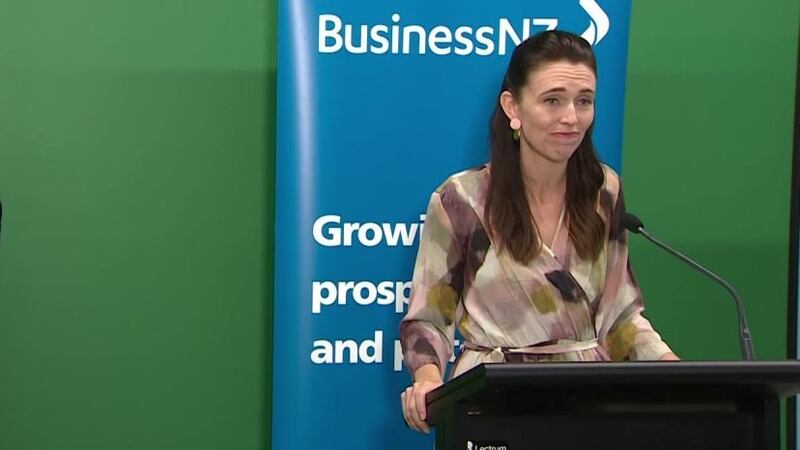Prime Minister Jacinda Ardern has announced plans to help New Zealanders come back home.
"Families and friends need to reunite, our businesses need skills to grow, exporters need to travel to make new connections," Ardern told the Business NZ conference a short time ago. "It's time to move again.
Five steps have been formulated to help this come to fruition.
Step One
It was confirmed officially by Ardern, from earlier reports, that fully vaccinated Kiwis and other currently eligible travellers from Australia will be able to travel back into Aotearoa from 11:59pm, on Sunday, February 27.
MIQ will be axed and replaced with self-isolation.
Step Two
Two weeks later, fully vaccinated Kiwis from around the world other currently eligible travellers will be able to do the same and skip MIQ and go into self-isolation from 11:59pm, on Sunday, March 15.
"The two weeks between each of these steps has been requested by our public health advisers to give time for our systems to adjust for the likelihood of more cases in our community, and for our border systems to keep scaling up in the safest way possible."
An "expanded border exemption" would also be made for critical and skilled workers earning at least 1.5 times more than the median wage to self-isolate "for a short period, and then go about their business." They would also be able to enter the country with their family members.
Working holiday schemes would also open up again.
Step Three
At 11:59pm, on Tuesday, April 12, border extensions would continue to include "a large international student cohort of up to 5,000 students for entry ahead of semester two."
Temporary visa holders who still met visa requirements would also be able to enter.
Step Four
The fourth step "includes our Australian cousins", Ardern said, and all other visitors and businesses travellers who could normally enter the country "without a visa."
Ardern said this step was "likely to begin when we have much larger [Covid-19] case numbers than we have now."
She said she anticipated this stage would begin "no later than July."
Ardern emphasised this particular step was the latest "we expect this to begin."
"There is a high likelihood of this date coming forward, as we progress through the next stage of the pandemic."
From July, those on the new accredited employment work visa will open, including for workers offshore.
"At this point, the critical border worker exemption will be removed. The new work visa will be mainly available to workers earning over the median wage as part of the immigration rebalance changes."
Ardern says Immigration Minister Kris Faafoi is to expand further on this.
Step Five
In the government's last step, October the border will open to "all other visitors and students who require a visa to enter New Zealand, with normal visa processing resuming."
Self-isolation requirements
Though MIQ will be dropped and self-isolation implemented, the self-isolation period will be ten days.
But, as the self-isolation period for close contacts of Omicron cases in the community drops from 10 days to seven days in relation to the government's second stage of the Omicron response plan, so too will returnees only need to isolate for seven days.
"So our system for travellers and close contacts will be broadly aligned," the prime minister said.
Returnees will be given three rapid antigen tests upon arrival at the airport. These tests will be used on day zero/one of their self-isolation period, on day five/six and one for backup.
"This gives us the best chance of identifying cases that have come across the border."
If any test comes back positive, returnees will need to follow up with a PCR (nasal swab) test. "It [PCR test] will also tell us when it is safe to lift self-isolation requirements," Ardern said.
MIQ will remain for those unvaccinated.
Self-isolation would be continually monitored, Ardern said. "There will be a time in the not-too-distant future where that will not be the case.
"For now, though, we must continue to heed the public health advice that has served us so well."

